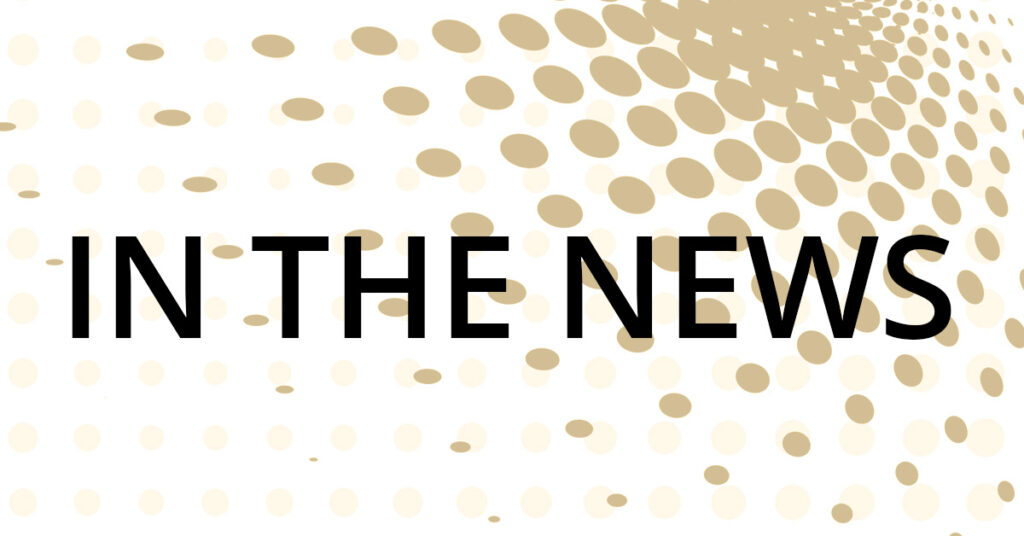The 2024 Annual Meeting of The Menopause Society wrapped up in Chicago, and boy, do we have some hot-off-the-press info for you! Among the many fascinating presentations was a new meta-analysis that gave us fresh insights into the connection between menopause, insulin resistance, and hormone therapy. Spoiler alert: it’s good news for postmenopausal women looking to manage their insulin levels!
The Sweet Scoop on Insulin Resistance
By now, you’ve probably heard of insulin resistance—and if you haven’t, buckle up! As estrogen levels drop during menopause, your body may not respond to insulin as well as it used to. This can lead to insulin resistance, which is a precursor to some serious health conditions like prediabetes, type 2 diabetes, and even metabolic disorders. Yikes, right?
But here’s the sweet news: the latest research suggests that hormone therapy (HT) could be an effective tool to combat insulin resistance in healthy postmenopausal women.
Breaking Down the Meta-Analysis
So, what exactly did this meta-analysis reveal? Let me walk you through it (don’t worry, no complex medical jargon here!). The researchers reviewed 17 randomized, controlled trials involving over 29,000 participants. This wasn’t just a quick weekend study—it spanned from 1998 to 2024 and involved trials with women aged 47 to 75. Some women received estrogen alone, while others were on a combination of estrogen and progestogen. The rest were given placebos (sorry, ladies!).
And guess what? The findings were pretty sweet: both types of hormone therapy significantly reduced insulin resistance in women who didn’t already have conditions like diabetes or heart disease. But, and this is a biggie, estrogen alone seemed to do the best job in keeping insulin resistance in check. So, estrogen is not just cooling those hot flashes; it’s also helping your body play nice with insulin again.
The Big Takeaway: What Does This Mean for You?
If you’re approaching or going through menopause, this is yet another reason to consider talking to your menopause specialist about hormone therapy. We already know that HT can help relieve annoying symptoms like hot flashes, mood swings, and sleep disturbances. Now, we have fresh evidence that it may also help with insulin resistance, potentially keeping prediabetes and type 2 diabetes at bay. Double win!
But remember: hormone therapy is not a one-size-fits-all solution. So, before you go stocking up on estrogen patches, make sure you sit down with your healthcare provider and map out the best course of action for your specific needs.
The Final Word
The 2024 Menopause Society Meeting may be over, but the insights we gained could have a lasting impact on how we approach menopause and insulin resistance. The next time you feel overwhelmed by menopause symptoms—or the thought of insulin resistance—take a deep breath and remember: help is available, and research continues to offer new ways for you to manage this stage of life.
Stay fearless, fabulous, and informed!
Suffering in silence is OUT! Reaching out is IN!
Sign up for Fearless VaginaTM A Crash Course in Mastering Menopause
Check out my fabulous Fearless VaginaTM Store
If you want to educate your employees, colleagues, or friends about menopause, look no further! Book Ellen for your next event.
Sign up for Menopause Mondays® Blogs
Be sure to follow me on Instagram, Facebook, and LinkedIn.
*EllenDolgen.com does not recommend, endorse, or make any representation about any tests, studies, practices, procedures, treatments, services, opinions, healthcare providers, physicians, or medical institutions that may be mentioned or referenced. The information, including opinions and recommendations, contained on this website is intended for informational and educational purposes only. Such information is not intended to be a substitute for the advice of an appropriately qualified and licensed physician or other healthcare provider.





